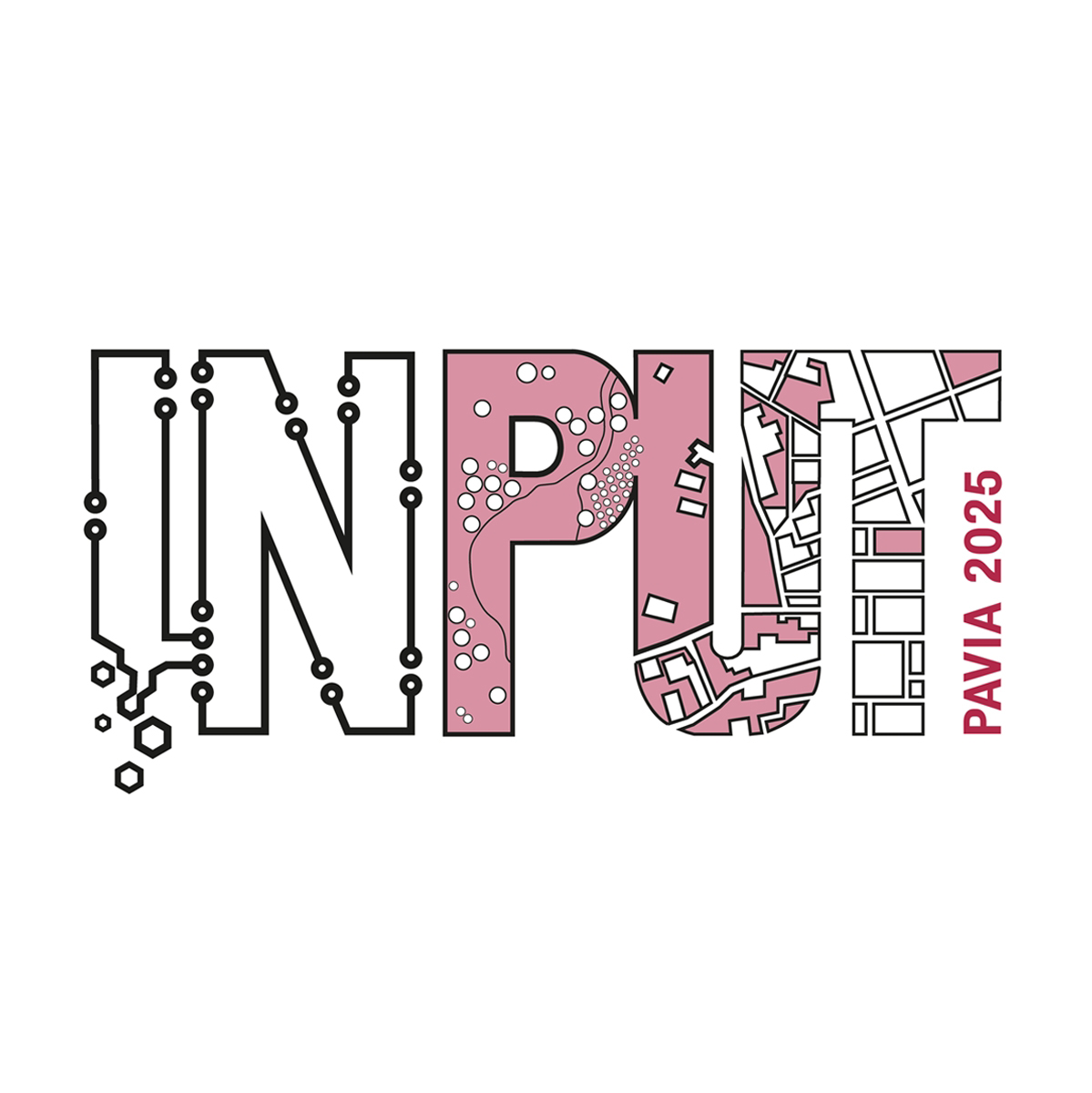Emerging Technologies in the Resilience and Safety of Sustainable Cities
Esmaeilpour Zanjani Nastaran (University of Pavia), Razavian Amrei Seyed Ali (Payame Noor University), Goodarzi Ghazaleh (Islamic Azad University), Ziari Yousef Ali (Islamic Azad University), Danesh Pajouh Hamid (Technical University of Ankara), Shahhosseini Gelareh (Garmsar University), and Fatemi Ezaz (Garmsar University)
Smart, Safe, and Sustainable Cities (3S Cities) require advanced technologies and resilient infrastructure to tackle emerging urban challenges and enhance resilience. Remote Sensing, UAVs (drones), and advanced GIS systems provide precise environmental data, enabling the identification of natural hazards, monitoring of infrastructure quality, and optimization of crisis management. In this regard, spatial data analysis and satellite imagery facilitate accurate predictions of risks such as earthquakes, land subsidence, floods and etc. Additionally, smart environmental monitoring systems equipped with modern sensors can track air quality, humidity levels, and structural conditions, offering timely alerts. In urban planning as well as civil engineering and related majors, the development of structures with automated monitoring and remote control technologies helps detect structural damages early, reducing risks associated with aging infrastructure. Furthermore, sustainability in smart cities requires the integration of new systems such as new energy systems, and climate-resilient infrastructure. However, challenges like, the high cost of implementing new technologies, the lack of integrated environmental data, and reliance on communication networks pose obstacles to fully realizing 3S Cities. Therefore, adopting technology-driven governance models and leveraging remote sensing and smart monitoring systems can pave the way for resilient, safe, and sustainable urban development.
The Session aims to examine how advanced technologies—such as Remote Sensing, UAVs (drones), and GIS—can enhance urban resilience and support climate-resilient infrastructure development. Participants are encouraged to contribute by sharing case studies, research findings, or practical experiences related to applying these technologies in urban environments. Discussions may include innovative solutions for monitoring infrastructure, predicting natural hazards, optimizing urban planning, and overcoming challenges such as high costs, data integration issues, and reliance on communication networks. The Session will also welcome insights on policy frameworks and governance strategies that can facilitate the adoption of smart technologies for sustainable urban development.
Keywords: smart cities, urban resilience, GIS, remote sensing, sustainable infrastructure, disaster management
